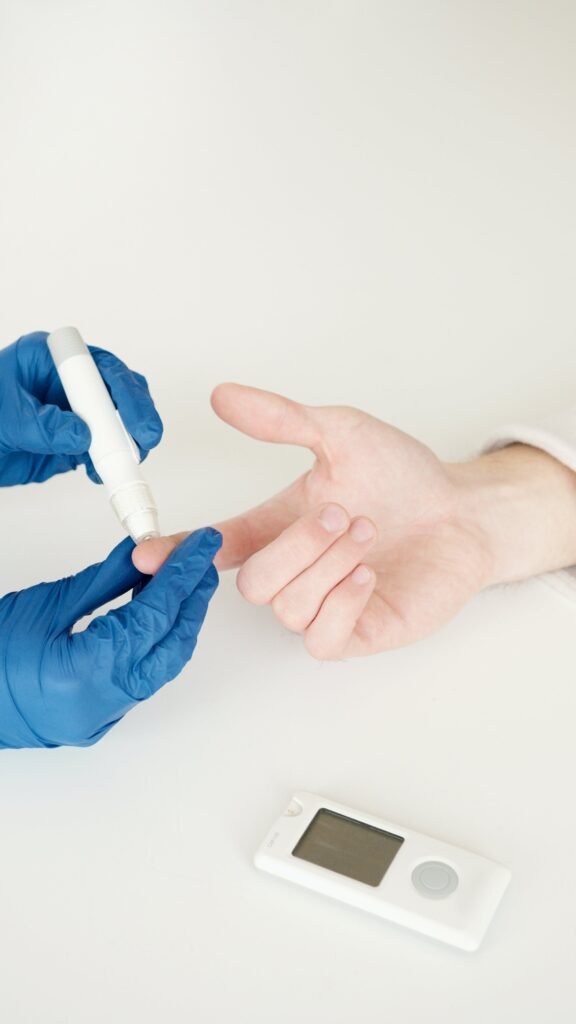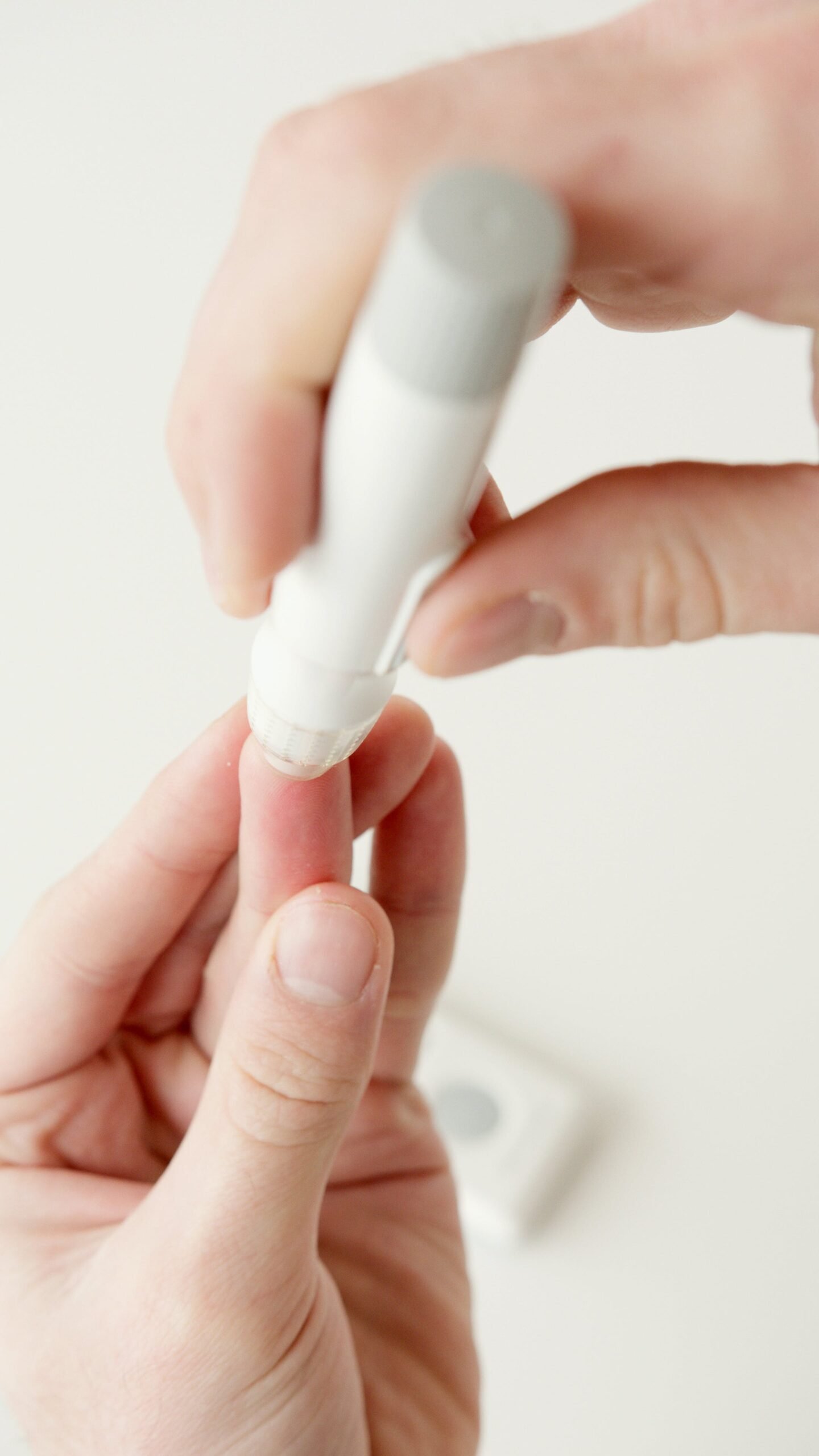Have you ever wondered what a medical ID card for diabetes is and why it’s important? Well, look no further! In this article, we will explore the purpose and significance of a medical ID card for individuals living with diabetes. From providing vital information in case of emergencies to ensuring appropriate medical treatment, this small card plays a big role in safeguarding the health and well-being of those with diabetes. Read on to discover how this simple yet powerful tool can make a difference in the lives of people managing this chronic condition.
What Is A Medical ID Card For Diabetes?
Definition
A medical ID card for diabetes is a small, portable card that contains important information about an individual’s diabetes diagnosis, treatment plan, and emergency contact information. It serves as a quick reference for healthcare professionals in case of an emergency, ensuring that appropriate and timely care can be provided.
Purpose
The main purpose of a medical ID card for diabetes is to provide crucial information about an individual’s diabetes so that appropriate medical care can be provided during emergencies. In the event that a person with diabetes experiences a health crisis, such as a severe hypoglycemic episode or loss of consciousness, medical personnel can quickly identify and manage the situation by referring to the information on the card.
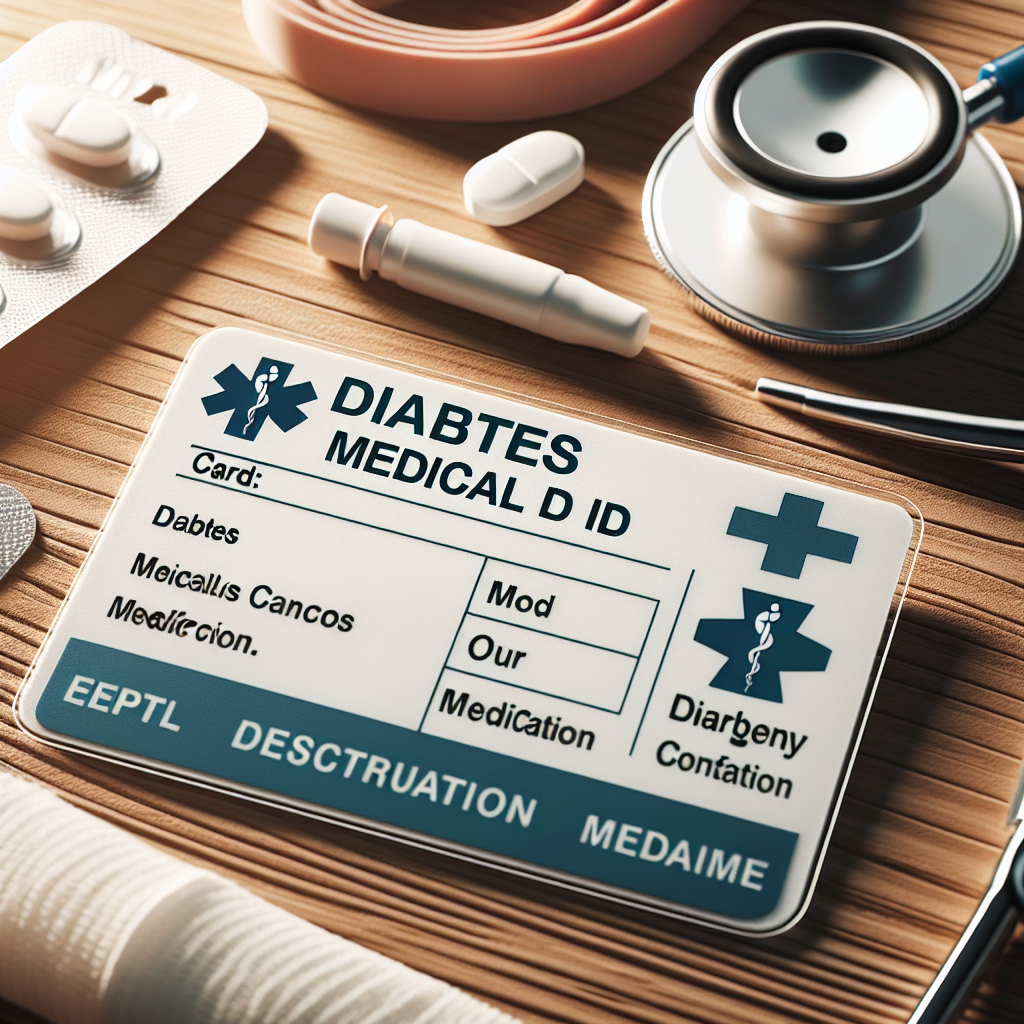
Components
A typical medical ID card for diabetes consists of several components. It often includes the individual’s name, date of birth, and a clear indication that they have diabetes. Additionally, the card usually contains emergency contact information, such as the person’s primary care physician and emergency contact person, as well as any relevant allergies or medical conditions that could impact treatment decisions.
Information on the Card
The information present on a medical ID card for diabetes may vary depending on personal circumstances and preferences. However, it is essential to include relevant details that would assist healthcare providers in managing emergencies effectively. This may include the type of diabetes (Type 1 or Type 2), any associated complications, current medications, and the individual’s insulin regimen, including dosage and frequency.
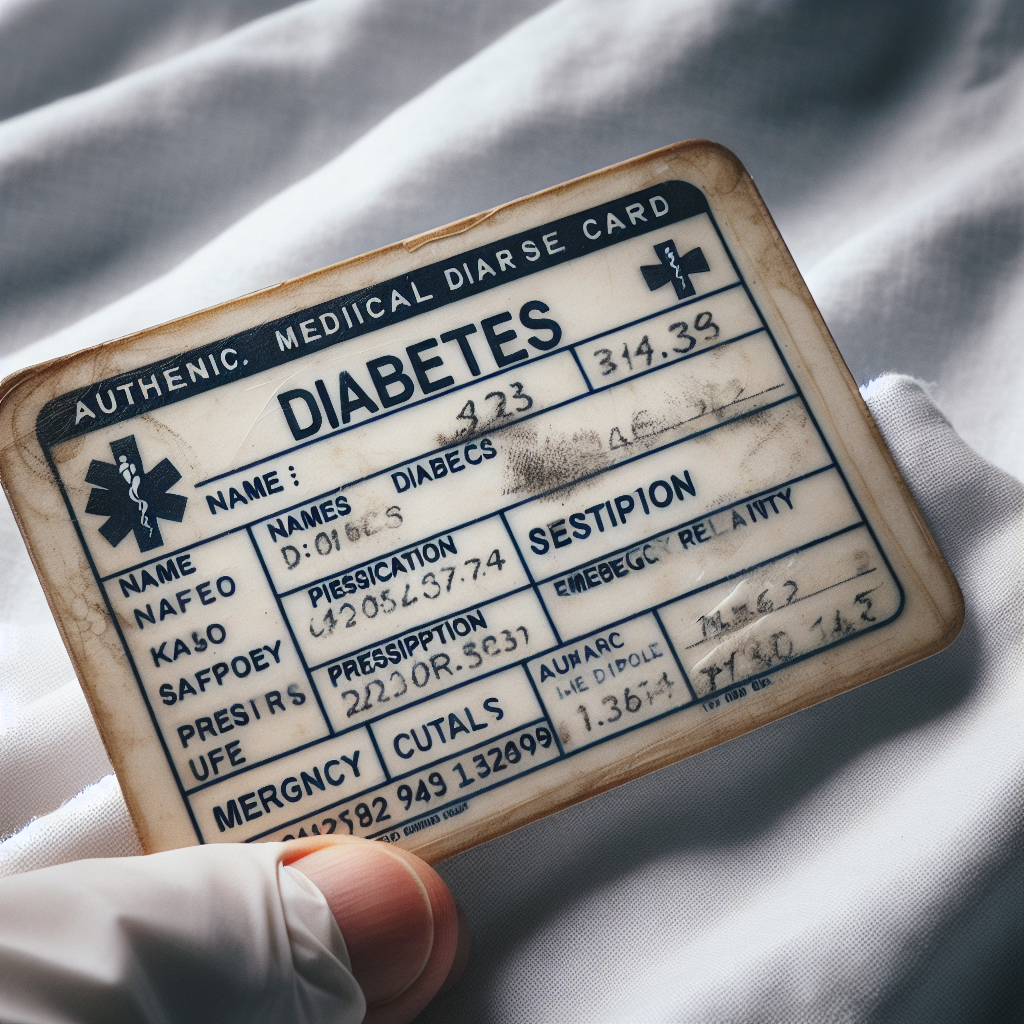
Importance
Carrying a medical ID card for diabetes is of utmost importance for several reasons. In an emergency situation, especially when a person with diabetes is unable to communicate, the card provides vital information that can help healthcare professionals make informed decisions about treatment options. This can significantly improve the chances of receiving appropriate care and prevent potential complications.
Furthermore, a medical ID card can alert others to the fact that an individual has diabetes, helping to avoid misunderstanding or misdiagnosis. For instance, if someone with diabetes were to suddenly exhibit signs of hypoglycemia, others may mistakenly assume they are intoxicated or suffering from a different medical condition. A medical ID card helps prevent such confusion and ensures that suitable diabetes-related interventions are quickly implemented.
Who Should Carry One?
It is highly recommended that anyone with diabetes carry a medical ID card at all times. This includes individuals of all ages, from children to older adults, who have been diagnosed with Type 1 or Type 2 diabetes or any other form of the condition. The card should be accessible and visible, preferably worn as a bracelet or necklace.
Even if a person does not experience frequent diabetes-related emergencies, it is better to be prepared than caught off guard. Diabetes can be unpredictable, and having a medical ID card readily available can provide peace of mind not only to the individual with diabetes but also to their loved ones.
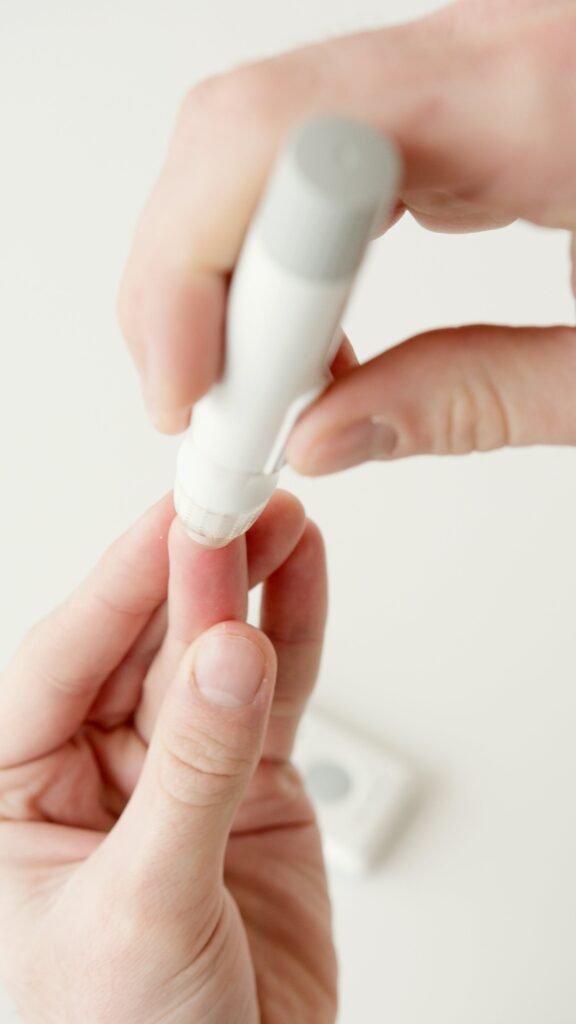
Where to Get a Medical ID Card
Obtaining a medical ID card for diabetes is a relatively simple process. Several options are available both online and offline. Local pharmacies, medical supply stores, and specialty diabetes clinics often carry medical ID cards. Additionally, various websites and organizations offer customized medical ID cards that can be ordered online and delivered to your doorstep.
When seeking a medical ID card, it is important to ensure that the card is durable and clearly displays all necessary information. Many providers allow customization, so individuals can choose the style, design, and type of information they wish to include on their card.
Options for Digital Medical ID Cards
In recent years, digital medical ID cards have become increasingly popular. These cards can be stored on a smartphone or wearable device and accessed quickly when needed. Digital medical ID cards often offer additional features, such as the ability to include medical records, emergency contacts, and links to more detailed medical information. They can also be easily updated and shared with healthcare providers when necessary.
There are various mobile applications available that offer digital medical ID card functionality. These apps often provide a simple interface for entering and managing medical information, and some even offer integration with emergency services to facilitate prompt communication during emergencies.

Alternatives to Medical ID Cards
While medical ID cards are highly recommended for individuals with diabetes, there are alternative options available to ensure that critical information is readily accessible. For instance, some individuals choose to wear medical alert jewelry, such as bracelets or necklaces, that clearly indicate their diabetes diagnosis. These jewelry pieces often have the necessary information engraved on them, allowing healthcare providers to quickly identify and respond to emergencies.
Another alternative is using smartphone apps or electronic devices specifically designed for storing medical information. These devices may include USB drives or medical alert wearables that can be easily accessed in emergencies.
Conclusion
In conclusion, a medical ID card for diabetes is an essential tool for individuals with diabetes to ensure their safety and well-being during emergencies. It provides vital information about the person’s diabetes diagnosis, treatment plan, and emergency contacts, enabling healthcare professionals to deliver appropriate care promptly. Carrying a medical ID card is highly recommended for anyone with diabetes, regardless of age or type of diabetes. Whether in traditional card format or as a digital option, having a medical ID card ensures that the necessary information is readily available, promoting better emergency care and peace of mind for individuals with diabetes.
